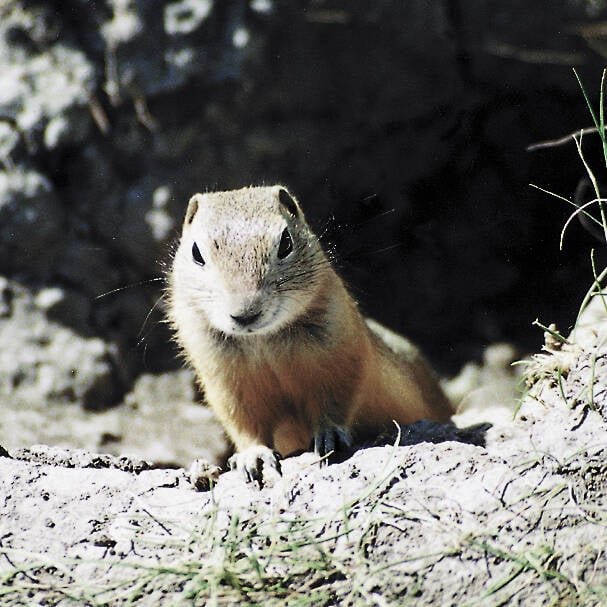KAMLOOPS, B.C. — Political upheaval in British Columbia has left livestock producers wondering what policy changes are in store.
Water is among the areas of concern as producers seek certainty about access and licensing requirements on Crown and private land.
“Right now, we are faced with a period of time of some uncertainty in terms of what we can do in changing policy and regulations and implementing some of these things for our security and tenure sustainability that we require,” said Kevin Boon, manager of the B.C. Cattlemen’s Association.
Read Also

Sask. ag group wants strychnine back
The Agricultural Producers Association of Saskatchewan has written to the federal government asking for emergency use of strychnine to control gophers
The water sustainability act came into effect in February 2016. Rules are still being written for livestock watering. Producers want to know what the rules will say, but no answers are forthcoming as three political parties wrangle over power.
The NDP and Green party have reached agreement on forming a coalition, which would out-number the ruling Liberal party by one.
B.C. premier Christy Clark, whose Liberal party won 43 seats in the May 9 election, has vowed to form a minority government, but has admitted it would likely fall shortly afterward under the NDP-Green party coalition.
A 2009 ranching task force paper identified the need to protect water for livestock, a position reiterated in a recent cattlemen’s association position paper.
“It is our position that livestock should have the ability to continue to directly access surface water sources, on both private land and Crown range,” said the position paper.
That means livestock should be able to drink from ponds, dugouts and creeks without licensing or paying fees for water use.
“There was never any discussion about having to license water that we currently use on our Crown land or our private land for watering our stock,” said rancher Linda Allison who chairs the water subcommittee for the association.
Under the new law, surface and groundwater sources like wells have to be licensed but the process is not going well.
As of May 25, 1,114 applications have been submitted for groundwater licences. However, only 75 licences have been issued so far.
“To have only 75 licences issued after a year and a half is totally unacceptable,” she said at the cattlemen’s annual meeting held May 25-27 in Kamloops. She urged members to contact their elected officials to get paperwork moving.

















